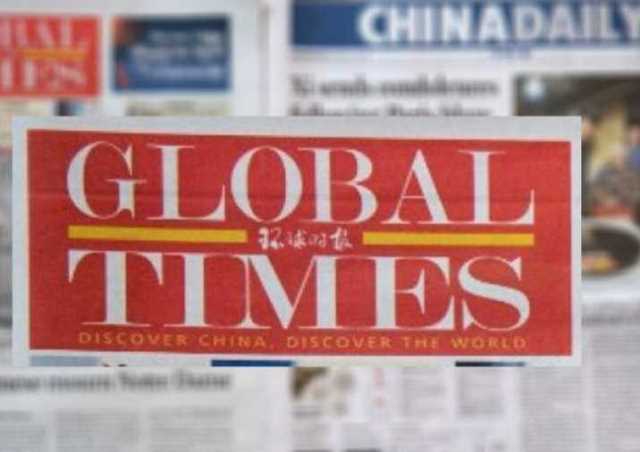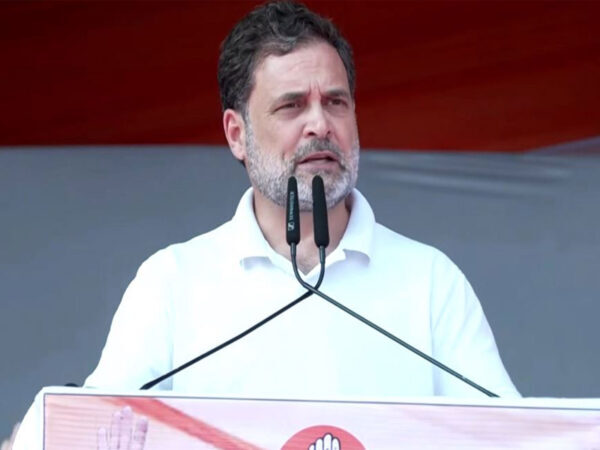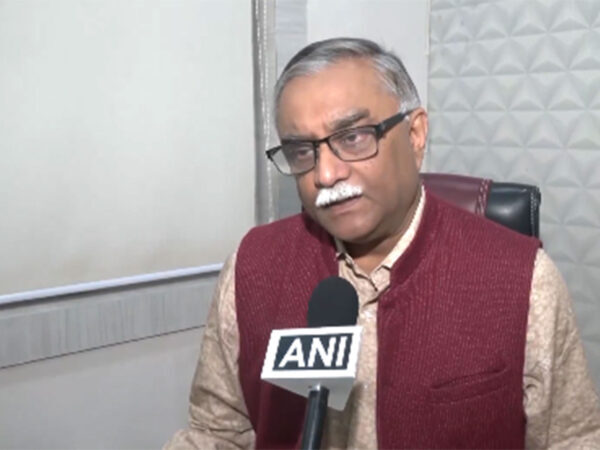
Chinese Media Slams Growing US-Taiwan-India Ties
As relations between India, Taiwan and the United States grow closer in response to China’s moves in the Indo-Pacific region, the Chinese state media seems to have gone overboard.
Last month, Global Times had written in an article, “The Taiwan question is not a card that India can exploit as a bargaining chip toward China over the border issue. India’s recognition of the one-China principle and commitment not to support ‘Taiwan independence’ forces have been reciprocated by China’s promise not to support the separatist forces in India.”
This came in reply to media reports of India and Taiwan considering strengthening bilateral trade ties.”If India plays the Taiwan card, it should be aware that China can also play the Indian separatist card,” said the Chinese state media.
It further said, “If India takes the move to support ‘Taiwan independence,’ China has every reason to support separatist forces in Northeast Indian states such as Tripura, Meghalaya, Mizoram, Manipur, Assam and Nagaland. China could even support the resurrection of Sikkim.”
According to a report by The Irrawaddy, there are at least three key reasons behind China’s near-hysterical response.
The first reason cited by the Burmese newspaper is that Taiwan is central to China’s geopolitical ambition of becoming a leading world power. If China’s dream of integrating Taiwan into the mainland comes true, then it would allow Beijing to “base its nuclear submarines in its deep-water ports, allowing them undetected access to the wider Pacific Ocean, turning the Chinese navy into an authentic blue water force”.
However, if denied, then China will suffer a strategic setback as then its navy will be stuck between “three island chains” constructed by the US and its allies since the beginning of the Cold War.
Of the three island chains, the first “starts from the Kamchatka peninsula in Russia’s Far East and weaves its way into Japan. Then, from the southernmost part of the Japanese mainland, it passes through Okinawa, a part of a larger Ryukyu island chain that ends with Taiwan. From Taiwan, the First Island Chain heads towards the Philippines and the island of Borneo, before looping towards the tip of the Malay Peninsula,” said The Irrawaddy.
The Second Island Chain is located in the middle of the Pacific Ocean, and acts as the US’ second defence line. “It is formed by the Bonin islands–an archipelago of over 30 subtropical and tropical islands, some 1,000 km south of Tokyo–and the Volcano Islands, a group of three islands further to the south. The Second Island Chain terminates in Guam, a key US military base in the Indo-Pacific,” the article said.
Meanwhile, the Third Island chain begins in the north with the Aleutian Islands, most of them in Alaska, and runs through the central Pacific to Oceania, including Australia, New Zealand and the vast cluster of islands in Micronesia, Polynesia and Melanesia.
The second reason cited by The Irrawaddy for China’s hysterical behaviour is that if Taiwan becomes independent, then China would be on a “slippery slope” as Taiwan’s independence would encourage others to follow the move like Hong Kong, Tibet, etc.
“Third, Taiwan, known for its proven strengths in hi-tech and high-rise construction, can accelerate the process of economic decoupling from China, which the Trump administration in the US has already flagged, following the COVID-19 pandemic. Last month, trade ministers of India, Australia and Japan declared their intent to road map new supply chains which exclude China. Both Taiwan and the US would seamlessly fit into this ambitious initiative,” The Irrawaddy said.
As India continues to reduce its alliance on China, Taiwan can benefit by “bridging the commercial and technology breach”.
Last week, Taipei Times quoted Taiwan’s Deputy Foreign Minister Tien Chung-kwang as saying, “With the government’s New Southbound Policy, India is a good place for Taiwanese businesses to build production bases, given its democracy, ample human resources and strategically important location.”
As India-China’s relations go south, The Irrawaddy has quoted India’s representative to Taiwan, Gourangalal Das, as saying in Taipei, that India’s start-up ecosystem, smart agriculture, precision medicine, skills training and industrial automation offer great opportunities for India-Taiwan collaboration. (ANI)



